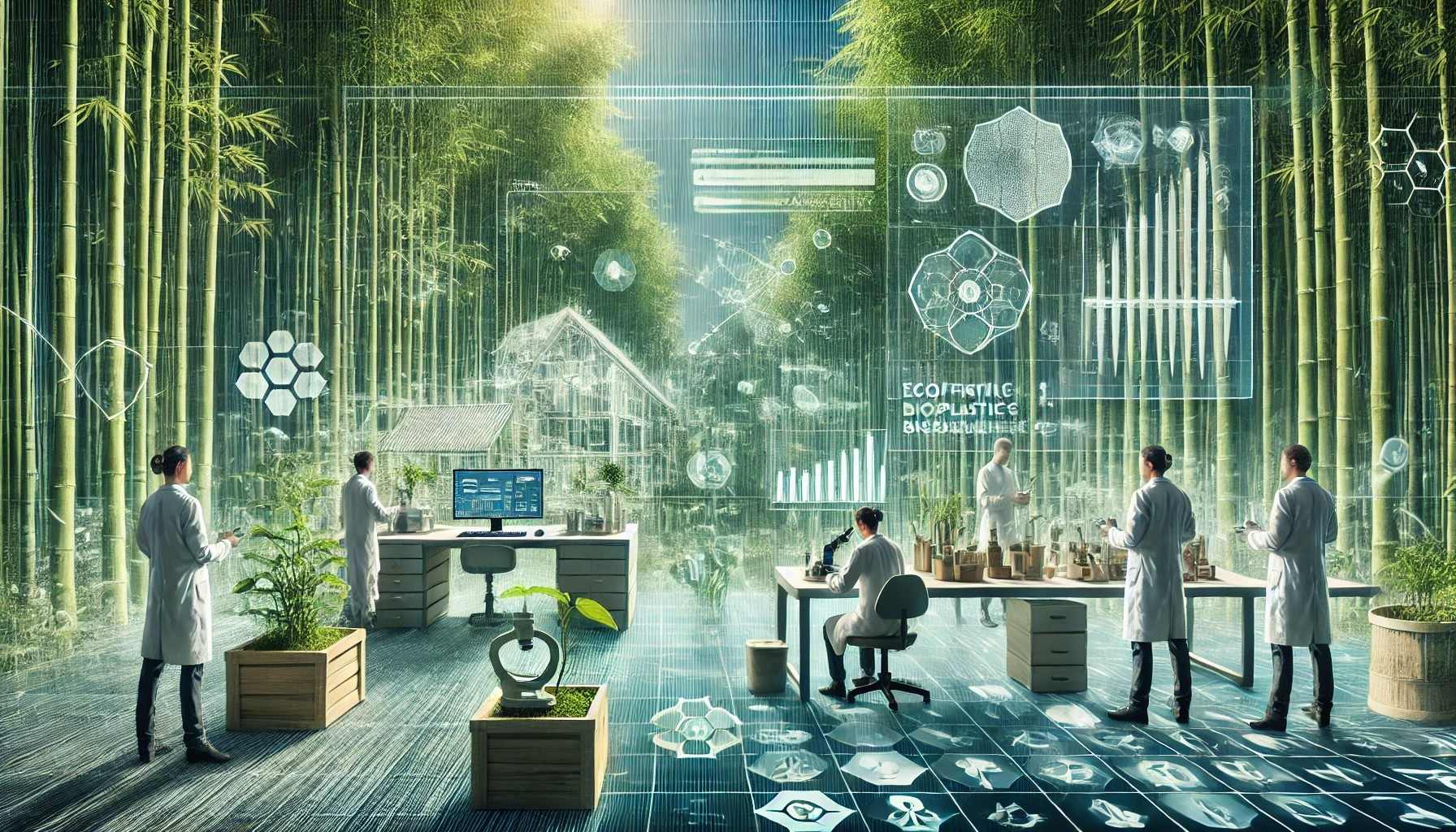Bamboo Science Pioneering a Sustainable Future

Bamboo, often seen as a simple grass, is emerging as a game-changer in sustainable innovation. Scientists and engineers are harnessing its strength, flexibility, and rapid growth to develop eco-friendly alternatives to plastic, wood, and even steel. As the world shifts toward greener solutions, bamboo is proving to be a versatile and renewable resource with limitless potential.
Recent breakthroughs in bamboo science have led to advancements in biodegradable packaging, sustainable textiles, and even carbon-negative construction materials. Researchers have developed techniques to enhance bamboo’s durability, making it a viable alternative to hardwood in flooring, furniture, and infrastructure. Additionally, bamboo-based bioplastics are being explored as a solution to the global plastic waste crisis, offering a compostable and non-toxic alternative.
Bamboo's environmental benefits extend beyond its applications. It absorbs carbon dioxide at a much higher rate than traditional trees, helping to combat climate change. Its extensive root system also prevents soil erosion and promotes biodiversity, making it a valuable asset in reforestation and land restoration projects. As awareness of its ecological impact grows, industries are investing in large-scale bamboo cultivation to support sustainable development.
The future of bamboo science holds exciting possibilities, from lightweight, durable bamboo composites in transportation to high-performance textiles that rival synthetic fabrics. With continued research and innovation, bamboo is set to revolutionize multiple industries, proving that sustainability and technological progress can go hand in hand. As we look for ways to reduce our environmental footprint, bamboo stands as a symbol of nature’s resilience and humanity’s ingenuity.
